|
|
|
Editor's note
|
|
Nau mai haere mai - and welcome to this week’s New Zealand newsletter.
This week, media organisations throughout the world are increasing their coverage of climate change as part of the international Covering Climate Now project, which encourages journalists to improve climate reporting and to recognise it as the defining issue of our time.
AUT political scientist David Hall argues that the climate crisis is an appalling lapse in duty of care by decision makers, which now affects us all, but that our response cannot overlook this duty. He writes that we can’t afford to be careless about the consequences of climate action, nor uncaring towards people it affects and that to achieve our goal of a low-emissions future, we need to strike a balance between encouraging action and limiting pushback.
During this week, The Conversation is also publishing Climate Explained articles every day, in which experts respond to climate-related questions from readers. The latest stories look at why carbon dioxide, at less than one-twentieth of 1% of Earth’s atmosphere, has such an important role in regulating climate, and whether we should mass plant trees and shrubs that are known to be effective in stripping carbon dioxide from the atmosphere.
And in other significant developments, New Zealand history will be part of the core curriculum in schools from 2022. Massey University historian Michael Belgrave welcomes the decision but argues that the teaching of history will have to be well resourced to ensure that children learn more than facts about people, places and timelines, but understand why things happened and their consequences.
You will find many more articles about New Zealand issues in this newsletter, as well as The Conversation’s international coverage, and much more on the New Zealand page. The Conversation is committed to delivering responsible, evidence-based journalism. Many thanks for reading. Please share this newsletter with friends and colleagues - they can subscribe here. Ka kite anō ā tērā wiki.
|
Veronika Meduna
New Zealand Editor
|

|
|
Top stories
|
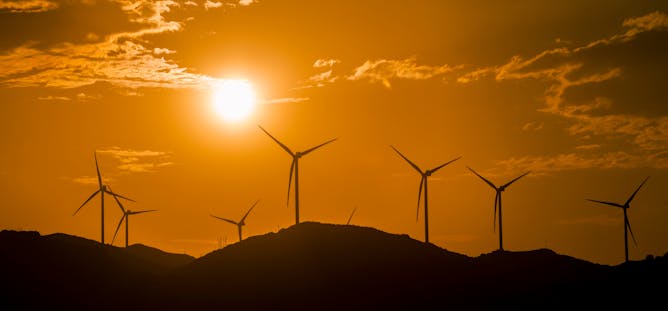
The climate crisis is itself an appalling lapse in duty of care by decision-makers, but we shouldn’t overlook this duty in our response.
from www.shutterstock.com
David Hall, Auckland University of Technology
Climate change is a super-wicked problem. With a growing sense of urgency to act on climate change, it is vital we strike a balance between encouraging action and limiting pushback.
|
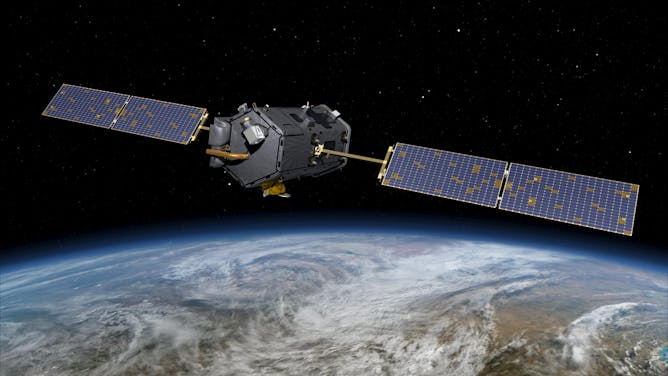
The Orbiting Carbon Observatory satellite makes precise measurements of Earth’s carbon dioxide levels from space.
NASA/JPL
Jason West, University of North Carolina at Chapel Hill
Carbon dioxide makes up less than one-twentieth of 1% of Earth's atmosphere. How does this relatively scarce gas control Earth's thermostat?
|
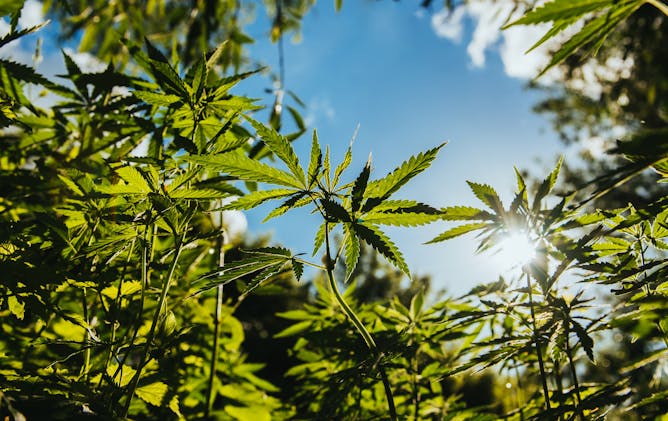
While hemp does not sequester as much carbon dioxide as trees, it can be used as an efficient energy crop or in concrete, both with a potentially positive carbon sequestration effect.
from www.shutterstock.com
Sebastian Leuzinger, Auckland University of Technology
Planting any tree is more important than planting a particular tree when it comes to removing carbon dioxide from the atmosphere.
|
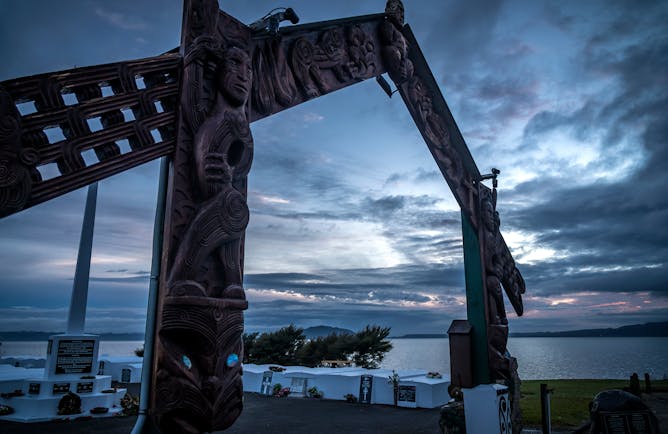
New Zealand is one of few places in the world where teaching the country’s own history has not been compulsory.
from www.shutterstock.com
Michael Belgrave, Massey University
Teaching history is as much about facts and people as it is about contested narratives and disputed interpretations, which is why it's time to make New Zealand history a compulsory subject at school.
|
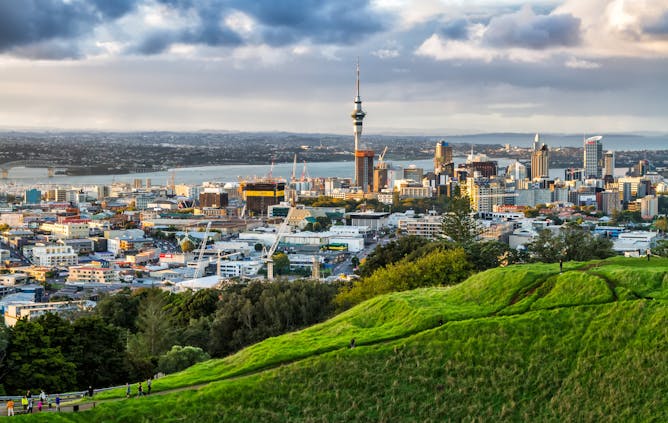
Auckland Council’s upgrade plans highlight the importance of local Māori communities as part of the process.
from www.shutterstock.com
Fleur Palmer, Auckland University of Technology
As part of an upgrade of Auckland's city centre, the council promises to include local Māori communities and their histories. But without addressing inequalities, it is no more than a token gesture.
|
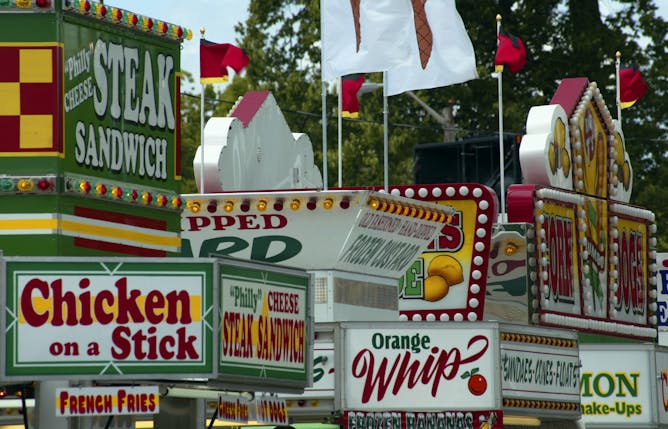
Research shows that New Zealand children are exposed to an average of 46 ads for unhealthy products every day.
from www.shutterstock.com
Tim Chambers, Imperial College London
Despite repeated calls for an overhaul of New Zealand's marketing regulations to protect children from exposure to ads for unhealthy products, successive governments have failed to act.
|
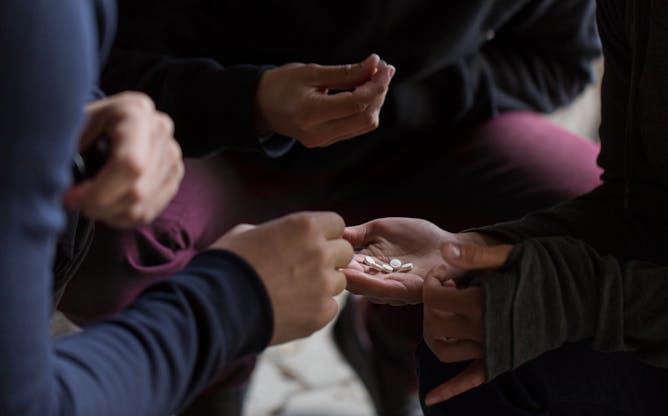
The new measures that give police discretion not to prosecute are in keeping with Prime Minister Jacinda Ardern’s decision not to join US President Donald Trump’s “war on drugs”.
from www.shutterstock.com
Max Abbott, Auckland University of Technology
A change to drug laws in New Zealand has been hailed as a leap towards treating drug addiction as a heath issue. But it has also been criticised for essentially decriminalising class A drugs.
|
From The Conversation's international editions
|
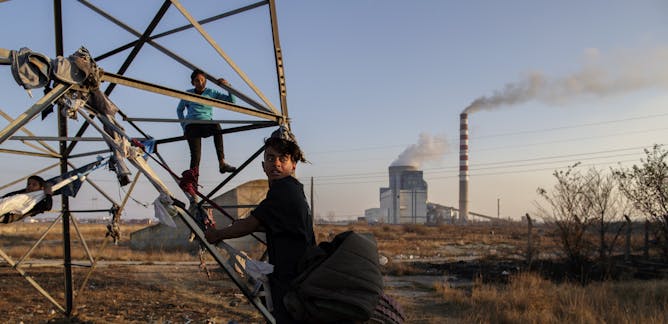
Bill Hare, Potsdam Institute for Climate Impact Research
Ahead of the UN climate summit, we take stock of the world's best and worst performers on climate action - including some surprise success stories.
| |

Katie Attwell, University of Western Australia; Mark Navin, Oakland University
In some countries, parents are fined if they don't vaccinate their child or they have to go on a course before being granted an exemption to vaccinate. Are any of these options right for Australia?
|
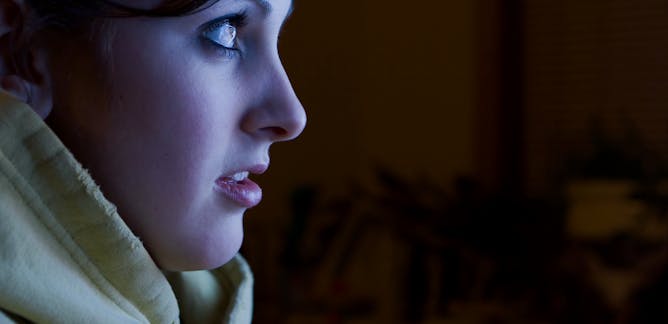
Emily Lund, University of Alabama; Michael R. Nadorff, Mississippi State University
Over the past decade, more teens have attempted suicide. The trend has vexed researchers, but it's that much more difficult to determine whether a fictional TV show has had any role.
| |
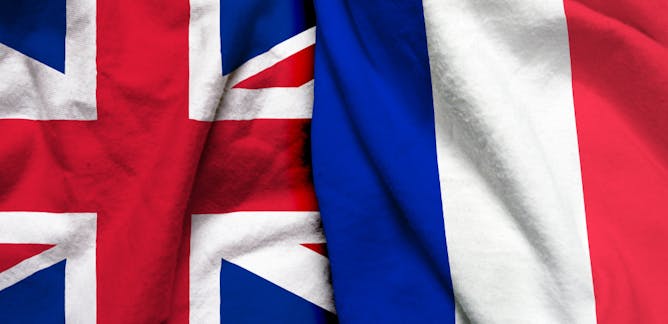
Karine Varley, University of Strathclyde
Relations between the UK and France are often portrayed as a history of at best mutual suspicion and at worst open hostility..
|
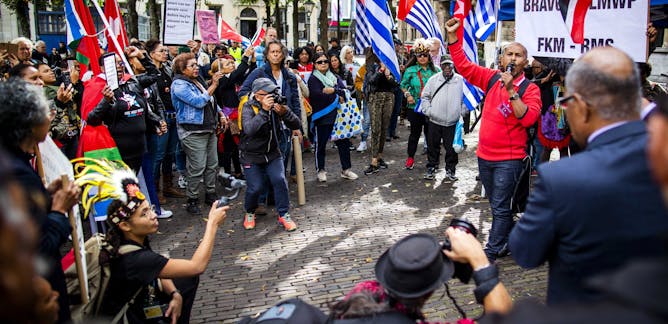
Amelia Joan Liwe, Universitas Pelita Harapan
Indonesia's strategic position in today’s geopolitical configuration explains the lack of response internationally.
| |
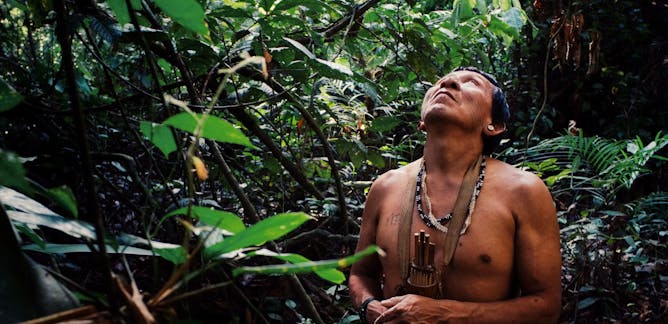
Jayalaxshmi Mistry, Royal Holloway
Fire doesn't have to be destructive. For many in the Amazon, it is part of their livelihood and culture.
|
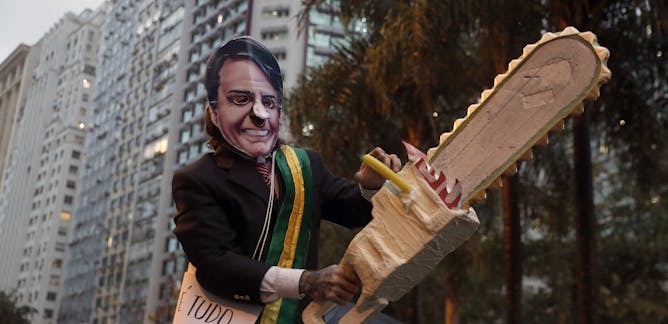
Tara Smith, Bangor University
Destroying the Amazon rainforest will accelerate climate change, harming millions. Can those responsible be prosecuted?
| |

Michael Orsini, University of Ottawa; Linda Mussell, Queen's University, Ontario
The fallout from the Huffman case has been intense, with much anger centered on the light punishment meted out to a white A-list celebrity versus the excessive charges levelled at Black defendants.
|
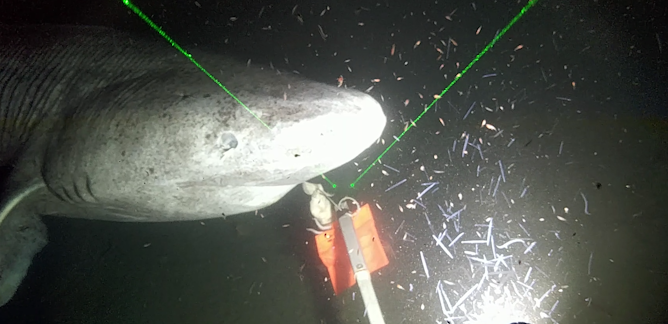
Jonathan A. D. Fisher, Memorial University of Newfoundland
The eastern Arctic and sub-Arctic marine areas of Canada are changing rapidly under climate change.
| |

Henning Melber, University of Pretoria
It remains to be seen how much longer the 'old men syndrome' will persist in Zimbabwe, Namibia and South Africa, despite growing frustration among the politically powerless.
|
|
|
| |
| |
| |
| |
| |
| |
|
|
|
|
|
|
|